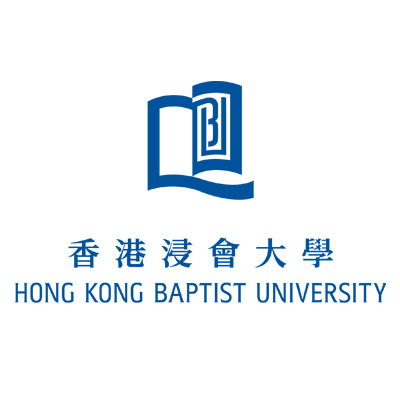
Source:
THE Events

Both faculty and students face myriad online threats, from cybersecurity to online mobbing, cyberbullying and doxing. How can universities protect their own and support intellectual freedom?
The threat facing faculty members and students when they are online is growing and evolving, turbocharged by social media, and it requires a robust response from higher education. Drafting a policy framework that creates a safe online environment for staff and students is a step in the right direction. However, this needs to be followed by concrete action.
At a panel discussion, held in partnership with Hong Kong Baptist University, at the 2024 THE Global Sustainable Development Congress in Bangkok, industry leaders shared their insights on the subject. It was clear that all too often the action from universities had been found wanting.
Jason Thatcher, Tandean Rustandy Esteemed Endowed Chair at the University of Colorado Boulder, said universities were failing when it came to digital safeguarding. “We all have written policies that are rarely enforced,” he said. “That’s a real challenge, because if we are going to create safe environments for students and faculty – and for stakeholders and industry partners – these are conversations we should have.”
Thatcher said it was critical that higher education took care of its researchers, particularly those working in fields that inspired heated political debate, such as climate change. Marten Risius, Australian Research Council’s Discovery Early Career Researcher Award Fellow and senior lecturer at the University of Queensland, agreed. His research into online extremism, he said, had brought these issues of safety and sustainability into sharp focus.
Risius said he had received legal threats from right-wing extremist groups with significant resources. He said ethics requirements for transparency when conducting research made his job more difficult. “I am not saying that ethics should be abandoned,” he added. “But if you are doing that kind of research, ethics needs to be expanded to acknowledge the fact that there are serious risks to researchers that need to be considered.”
Online threats might range from abuse and exposure to harmful content, to those with profound safety implications in the physical world, such as doxing – the practice of sharing an individual’s personal details online.
“It can be quite threatening for people if they are being doxed,” said Christy Cheung, director of the research office and chair professor at Hong Kong Baptist University (HKBU). “It is a very common and harmful tactic to attack people they see as enemies.”
Cheung argued that there was a sustainability issue for social media platforms, one of the front lines in the fight against doxing. Whatever their form, she said, online threats had the summative effect of closing down scientific debate. Research data could often be met with a firehose of disinformation as soon as it was shared, she explained, and those affected sometimes retreated from social media.
Thatcher acknowledged that the problem was complex, but said education lay at the heart of the solution – teaching students about digital literacy, about how information is shared and stored in perpetuity online, perhaps to be weaponised one day. He called for higher education to self-police the digital space. In many instances, online threats had emanated from university email accounts, and this had to stop he said.
“Universities should have implications for people who behave badly,” Thatcher added. “It is not intellectual freedom to go online and attack someone, to threaten somebody’s job.”
The panel:
- Julie Wilkens McMahon, regional director for APAC, Times Higher Education (chair)
- Christy Cheung, director of the research office and chair professor, Hong Kong Baptist University
- Marten Risius, Australian Research Council Discovery Early Career Researcher Award Fellow and senior lecturer, University of Queensland
- Jason Thatcher, Tandean Rustandy Esteemed Endowed Chair, University of Colorado Boulder
Find out more about Hong Kong Baptist University.
















